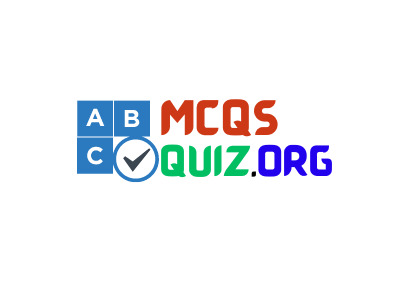“Analyzing CSS Past Papers: Key Trends and Common Questions
Analyzing CSS past papers is essential for understanding the exam’s structure and improving your preparation strategy. By identifying key trends and common questions, you can focus your study efforts on areas that are most likely to be tested. This guide will help you pinpoint these trends and formulate an effective study plan.
Table of Contents
ToggleIntroduction
CSS exams are known for their comprehensive nature and high level of competition. Analyzing past papers provides insights into recurring themes, question patterns, and the overall exam structure. Understanding these elements allows you to tailor your preparation and enhance your performance.
Key Trends in CSS Past Papers
1. Commonly Tested Topics
- Current Affairs and General Knowledge: Questions on current events, international relations, and general knowledge are a staple of the CSS exam. Reviewing past papers reveals frequently tested topics such as major global events, political developments, and economic issues.
- Historical Events and Figures: Significant historical events and influential figures often appear in history-related papers. Pay attention to recurring events and personalities that have been featured in past exams.
- Subject-Specific Content: For subject-specific papers (like Sociology, Geography, or Political Science), identify key themes and concepts that frequently appear. Understanding these topics in-depth is crucial for success.
2. Question Patterns
- MCQ Formats: Multiple-choice questions (MCQs) are designed to test broad knowledge and quick recall. Past papers show common question types, such as factual questions, conceptual questions, and questions requiring analytical thinking.
- Descriptive and Essay Questions: These questions often require detailed explanations and critical analysis. Look for patterns in how questions are framed and the depth of response expected.
- Scenario-Based Questions: In subjects like Public Administration or Governance, scenario-based questions assess your ability to apply theoretical knowledge to practical situations.
3. Trend Analysis
- Changes Over Time: Analyze how the exam format and question types have evolved over the years. For instance, there may be shifts in the emphasis on certain topics or changes in the complexity of questions.
- Frequency of Topics: Identify which topics appear more frequently in recent years compared to older papers. This can help you focus on more relevant and current content.
Common Questions to Focus On
1. Current Affairs and General Knowledge
- Global and National Events: Focus on major political, economic, and social events from the past few years. Understanding their implications and current status is important.
- Key Figures and Policies: Be aware of influential global and national leaders, major policies, and their impacts.
2. Historical and Cultural Topics
- Important Historical Events: Review significant historical events, movements, and figures relevant to the exam syllabus.
- Cultural and Social Changes: Study major cultural and social transformations, including their historical context and impacts.
3. Subject-Specific Questions
- Core Concepts: For subjects like Sociology, Political Science, or Geography, focus on fundamental theories, concepts, and case studies frequently covered in past papers.
- Application of Theories: Be prepared to apply theoretical knowledge to practical or hypothetical scenarios.
Tips for Effective Preparation
1. Organize and Review Past Papers
- Compile Papers: Gather past papers from several years and organize them by subject and year. This helps in identifying trends and focusing on high-priority areas.
- Analyze Trends: Regularly review and analyze the papers to keep track of recurring questions and topics.
2. Practice Regularly
- Simulate Exam Conditions: Practice answering past paper questions under timed conditions to develop effective time management and exam techniques.
- Focus on Weak Areas: Use your performance in practice sessions to identify and address weak areas.
3. Stay Updated
- Current Affairs: Regularly read newspapers, watch news programs, and follow credible sources to stay updated on current events.
- Subject Knowledge: Keep abreast of developments and changes in your subject areas by referring to recent publications and academic resources.
FAQs
Q1: How many years of past papers should I review?
Reviewing at least 5-10 years of past papers provides a comprehensive understanding of exam trends and patterns. This range helps you identify recurring topics and changes in the exam format.
Q2: Where can I find CSS past papers?
CSS past papers can be found on the official FPSC (Federal Public Service Commission) website, through educational institutions, coaching centers, and online academic resources. Ensure you use reliable sources for accurate materials.
Q3: Can focusing only on past papers be enough for preparation?
While past papers are crucial, they should be supplemented with other study materials such as textbooks, reference guides, and current affairs resources. A balanced study approach ensures thorough preparation.
Conclusion
Analyzing CSS past papers is a key strategy for understanding the exam format and focusing your preparation on high-priority areas. By identifying key trends, common questions, and recurring topics, you can develop a targeted study plan and improve your performance. Implement these insights and tips to approach your CSS exam with confidence and achieve your desired results. Good luck!

